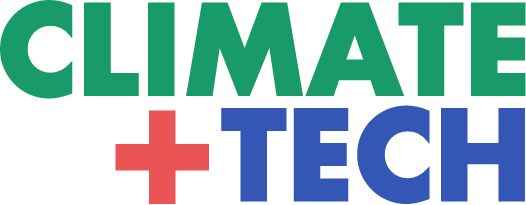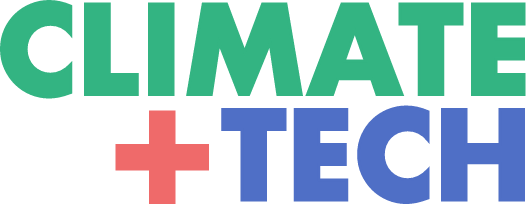Climate+Tech Think- and Do-Tank
Bridging the Gaps: Stakeholders, Tech, and Science for Actionable Solutions
Harness tech and AI for a sustainable future and take decisive action
Our Principles and Actions
Our guiding principles for climate change adaptation and mitigation, coupled with actionable initiatives
Proactive Adaptation
Acknowledging climate change as a pressing reality, we are committed to proactive adaptation and economic restructuring to mitigate harm.
Interdisciplinary Synergy
We create value by uniting interdisciplinary teams of technologists, policy makers, and researchers with real-world stakeholders.
Building Bridges
Our aim is to build bridges using technology and support networks with stakeholders like farmers and local administrations.
Open Innovation
We engage in open data and open source, promoting transparency and collaboration in research.
Collaborative Partnerships
We seek collaboration with experts, researchers, institutes, companies, and stakeholders to foster sustainable solutions.
Consultancy Services
We offer expert consultancy services, providing tailored advice for effective climate adaptation strategies.
Reusable Products
We are working on reusable products, like software tools, that are adaptable across sectors for climate adaptation.
Grounded Approach
We maintain a grounded approach, focusing on realistic and achievable goals without overstatement or embellishment.
Key Focus Areas
Our foundation is built upon the knowledge and experience of tech entrepreneurs, driving innovative and sustainable solutions.
We advocate for a bottom-up approach to climate change adaptation, empowering local stakeholders for effective resilience.
We seek collaboration with researchers and institutes, fostering a knowledge-driven approach to climate change mitigation.
Frequently Asked Questions
How do technology and AI contribute to climate adaptation?
We use language and forecasting models for predictive insights, aiding in climate resilience planning and supporting climate change processes.
What is the role of stakeholders in your approach?
We engage with local and smaller stakeholders, who are often most impacted by climate change. Their insights shape our community-centric solutions.
Why is a bottom-up approach to climate change adaptation important?
Our bottom-up approach tailors strategies to local needs, fostering grassroots resilience and community expertise.
How do interdisciplinary teams enhance your mission?
Our interdisciplinary teams combine diverse expertise for holistic climate solutions. We facilitate regular research and results exchange within our network.
What kind of networks are you building with technology?
We use tech to connect stakeholders, enhancing collaboration. Examples include our language model supported knowledge bases and collaboration tools.
How does your organization engage in open data and open source?
We curate and improve open source datasets and tools, promoting collective innovation and open research.
What role does consultancy play in your organization?
Our consultancy provides expert advice for climate adaptation strategies, assisting local administrations, NGOs, and enterprises with climate risk assessments and ESG strategies.
Can you tell us more about the reusable products you are working on?
We're developing modules for forecasting, risk modelling, and automated text processing in the climate and ESG context, adaptable across sectors.
Why is collaboration with experts and researchers essential?
Collaboration keeps us at the forefront of climate science, supporting real-world use cases, datasets, and expert software engineering.
How does your organization support local administrations and farmers?
We aim to support them through our tools for forecasting, risk modelling, and automated text processing.
Join Our Efforts
Partner with Us for a Sustainable Future

